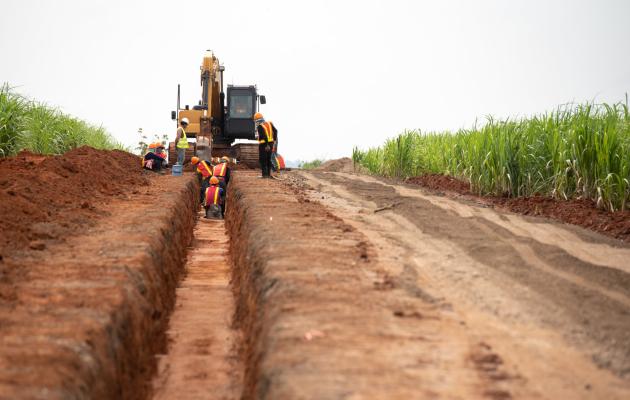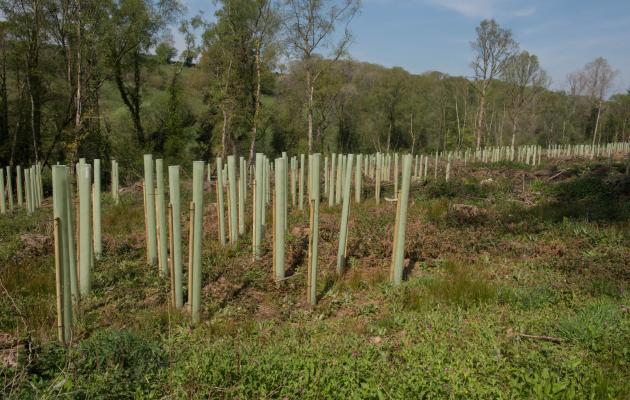There could be pipelines on your land carrying oil, gas or chemicals at very high pressure. If struck, the environmental, health and safety and financial implications could be huge.
That’s why if you’re planning work within 50 metres of such a pipeline, or even simply on the same parcel of land, you MUST call the operator first or use this free enquiry service.
Landowners assume that pipelines are buried deep beneath the ground, but this isn’t always the case. The average depth is just 900mm, the length of a standard cricket bat, and in some cases are even less.
The operator’s contact details are on the marker posts located across your land. These can be found on most field boundaries and road crossings.
About to embark on:
- Fencing
- Ditching
- Excavation
- Subsoiling
- New structures and extensions
- Mole Ploughing
- Drainage
- Trackway/road construction
- Tree/shrubs planting
- Storing top soil or other materials
Notify the operator FIRST
Following a routine, in-line inspection on a major UK ethylene pipeline in the North West, damage was reported including dents with metal loss type defects.
Excavation of the pipeline and ensuing investigation revealed that there had been considerable damage caused by a drainage trenching machine. In fact, there had been substantial damage to the pipeline at four separate locations, which meant it needed to be shut down whilst work took place to replace the defected pipe with new sections.
The operator then had to carry out a further 10 excavations, at six metre intervals, to check the condition of its asset and the protective wrapping. Although precautionary, this additional work had to be done to coincide with the lateral drains that had been installed.
The potential cost of an incident like this, when you factor in de-pressurising/decommissioning the pipeline, loss of supply to customers, time taken to carry out the repairs and then recommissioning the network, can be around £15 million.!
These costs can be easily avoided had the contractor done initial utility searches and made contact with the pipeline operator prior to works beginning.



